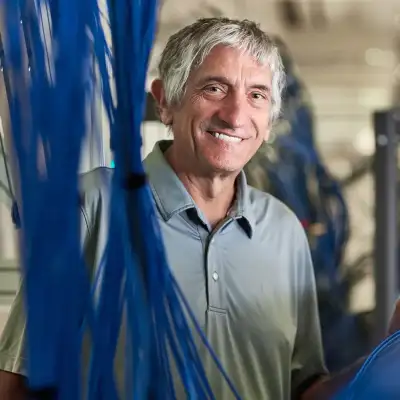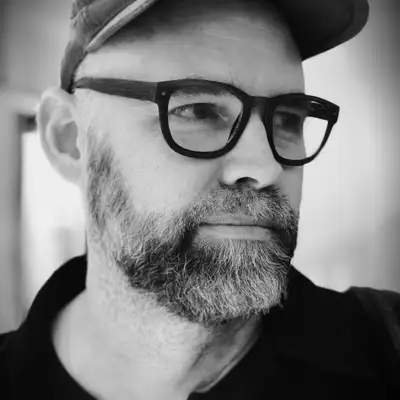
Nobel Laureate John Martinis Discusses Superconducting Qubits and Qolab
This episode is a first for the show - a repeat of a previously posted interview on The New Quantum Era podcast! I think you'll agree the reason for the repeat is a great one - this episode, recorded at the APS Global Summit in March, features a conversation John Martinis, co-founder and CTO of QoLab and newly minted Nobel Laureate! Last week the Royal Swedish Academy of Sciences made an announcement that John would share the 2025 Nobel Prize for Physics with John Clarke and Michel Devoret “for the discovery of macroscopic quantum mechanical tunnelling and energy quantisation in an electric circuit.” It should come as no surprise that John and I talked about macroscopic quantum mechanical tunnelling and energy quantization in electrical circuits, since those are precisely the attributes that make a superconducting qubit work for computation.
The work John is doing at Qolab, a superconducting qubit company seeking to build a million qubit device, is really impressive, as befits a Nobel Laureate and a pioneer in the field. In our conversation we explore the strategic shifts, collaborative efforts, and technological innovations that are pushing the boundaries of quantum computing closer to building scalable, million-qubit systems.
The work John is doing at Qolab, a superconducting qubit company seeking to build a million qubit device, is really impressive, as befits a Nobel Laureate and a pioneer in the field. In our conversation we explore the strategic shifts, collaborative efforts, and technological innovations that are pushing the boundaries of quantum computing closer to building scalable, million-qubit systems.
Key Highlights
- Emerging from Stealth Mode & Million-Qubit System Paper:
- Discussion on QoLab’s transition from stealth mode and their comprehensive paper on building scalable million-qubit systems.
- Focus on a systematic approach covering the entire stack.
- Collaboration with Semiconductor Companies:
- Unique business model emphasizing collaboration with semiconductor companies to leverage external expertise.
- Comparison with bigger players like Google, who can fund the entire stack internally.
- Innovative Technological Approaches:
- Integration of wafer-scale technology and advanced semiconductor manufacturing processes.
- Emphasis on adjustable qubits and adjustable couplers for optimizing control and scalability.
- Scaling Challenges and Solutions:
- Strategies for achieving scale, including using large dilution refrigerators and exploring optical communication for modular design.
- Plans to address error correction and wiring challenges using brute force scaling and advanced materials.
- Future Vision and Speeding Up Development:
- QoLab’s goal to significantly accelerate the timeline toward achieving a million-qubit system.
- Insight into collaborations with HP Enterprises, NVIDIA, Quantum Machines, and others to combine expertise in hardware and software.
- Research Papers Mentioned in this Episode:
Creators and Guests

Guest
John Martinis
John Martinis is a distinguished physicist renowned for his groundbreaking contributions to quantum computing. With a focus on superconducting qubits, Martinis has been at the forefront of developing high-fidelity qubits essential for scalable quantum processors.

